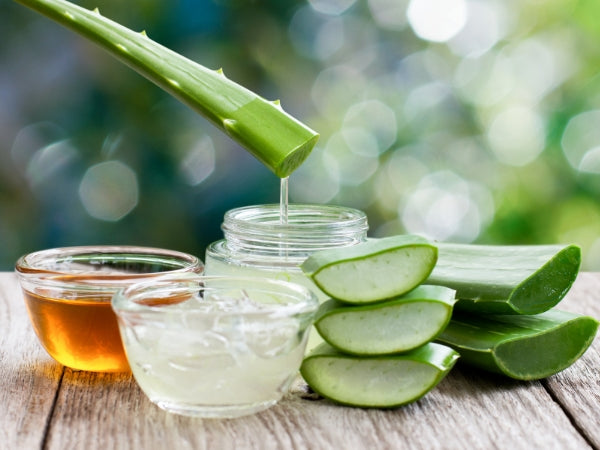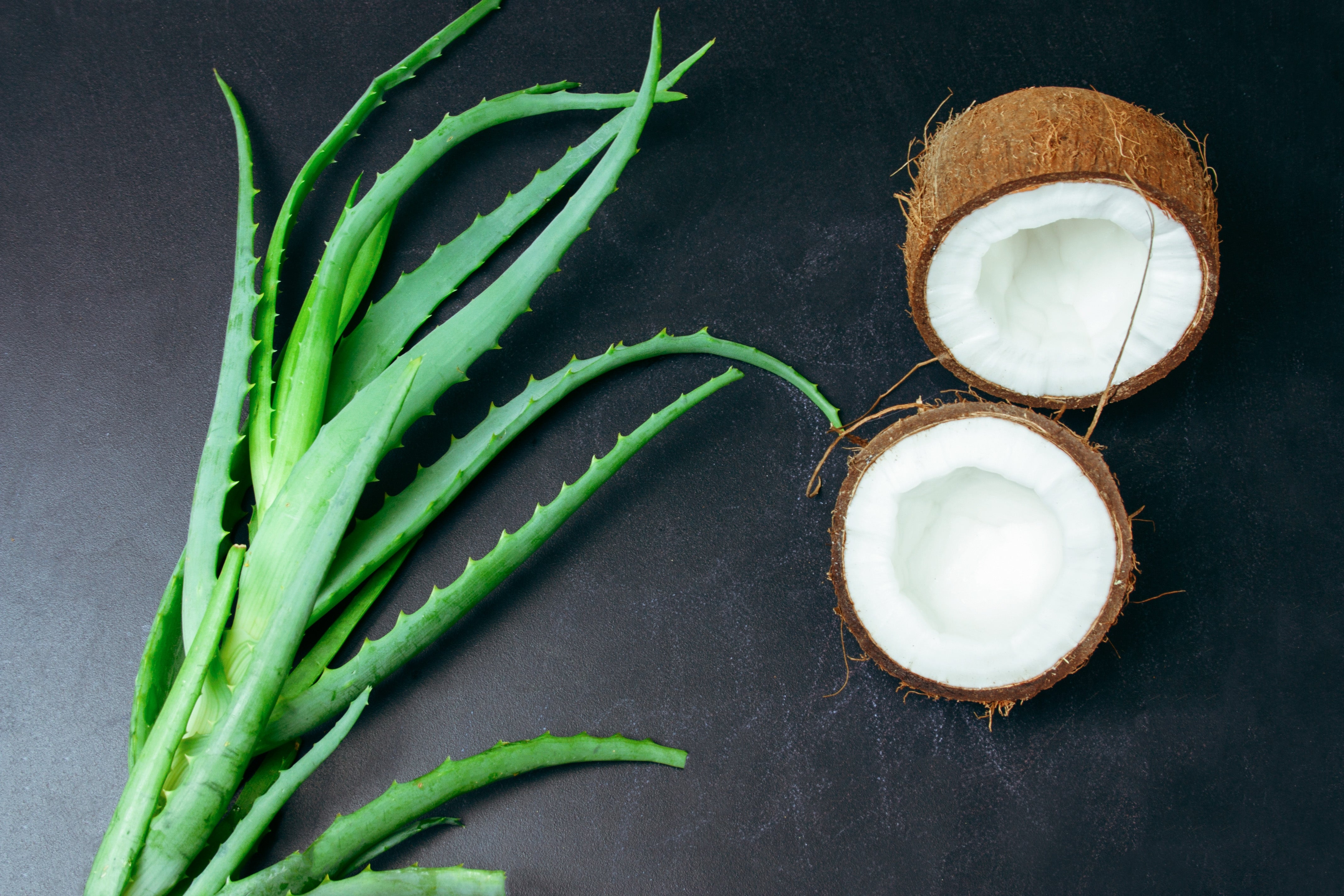In a world where the allure of natural remedies beckons us to the earthy embrace of alternative treatments, aloe vera stands tall as a green sentinel of hope for those battling psoriasis. Known for its soothing, anti-inflammatory properties, this succulent plant offers promises of relief where modern medicine sometimes falls short.
This blog explores the intricate relationships between aloe vera and psoriasis, delving deep into its potential to ease symptoms, supported by scientific findings and personal testimonies.
Table of Contents
- Exploring Aloe Vera's Role in Psoriasis Management
- Aloe Vera: The Plant with Potent Healing Powers
- Unpacking the Science: Aloe Vera’s Efficacy in Psoriasis Treatment
- Safety Profile and Applications
- Commercial and Practical Aspects of Aloe Vera in Psoriasis Care
- Conclusion
Exploring Aloe Vera's Role in Psoriasis Management
Aloe vera, scientifically known as Aloe barbadensis, has been used medicinally for centuries. Among its many purported benefits, its application in treating psoriasis—a chronic autoimmune condition characterized by scaly, itchy patches—is particularly noteworthy.
Key Ingredients and Attributes
Aloe vera contains an array of active compounds that give it its medicinal qualities. Key among these are acemannan, a polysaccharide with immunomodulatory effects, vitamins A and C, with known antioxidative properties, and several enzymes that promote healing and reduce inflammation. This biochemical arsenal makes aloe vera an attractive option for individuals seeking gentle, effective relief from psoriasis.
Topics to Be Covered
In this comprehensive guide, we will explore:
- The anti-inflammatory properties of aloe vera and their relevance to psoriasis.
- Clinical studies assessing aloe vera's effectiveness in treating psoriasis.
- The safety profile and potential side effects of aloe vera for psoriasis.
- Insights into where you can purchase aloe vera products and how to use them effectively.
Aloe Vera: The Plant with Potent Healing Powers
Aloe Vera’s Wonders in Psoriasis Treatment
Anti-Inflammatory Properties: Aloe vera's ability to soothe inflammation and heal skin is well-documented. It inhibits the production of prostaglandins, which play a critical role in inflammatory processes, thereby reducing the painful, itchy sensations associated with psoriatic plaques.
Effectiveness and Testimonials: According to a study published in PubMed, aloe vera extract cream significantly alleviated symptoms in 83.3% of patients with psoriasis over a four-week period, outperforming conventional treatments such as topical steroids. Users often commend its capacity to moisturize and soften scaly patches, enhancing comfort and aesthetic appearance.
Comparison with Conventional Treatments: While steroids such as triamcinolone acetonide are potent, they often come with side effects that limit long-term use. Aloe vera, on the other hand, offers a gentler, natural alternative without the corticosteroid-associated risks, fostering both safety and efficacy in prolonged care.
Supporting Evidence and Examples
Historical and ongoing studies have consistently depicted aloe vera as a credible ally in dermatological applications. A review in the Management of psoriasis posits aloe vera's plausible role in reducing PASI scores—an index measuring psoriasis severity.
Advanced Relationship Implications
Safety Profile and Common Practices
Tolerability and Application Frequency: Aloe vera is renowned for its outstanding skin tolerability. Performing a patch test before applying it extensively can avert possible allergic reactions. Generally, products with at least 0.5% aloe vera content should be applied twice daily to affected areas for optimal results.
Side Effects and Safety Concerns: While aloe vera is largely safe, some individuals may experience mild irritation or allergic reactions. Ensuring the gel is free of additives and performing patch tests can mitigate these risks.
Commercial and Practical Aspects
Where to Obtain Aloe Vera Products: Aloe vera products are widely available, ranging from pure gels to infused creams. For specialized needs like psoriasis, verify product concentration and credibility. Consider Infinite Aloe for an authenticity-assured purchase.
Applying Aloe Vera: When applying aloe vera, ensure skin is clean and dry. Gently massage the gel into psoriatic areas, observing for any signs of irritation. Allow the skin to absorb the product fully before covering or layering additional products.
Conclusion
In summary, aloe vera offers a compelling, nature-derived solution for managing psoriasis, characterized by its potent anti-inflammatory properties and stellar safety profile.
The path to healing isn’t solitary with aloe vera in your medicinal arsenal. By closely aligning its application with best practices and scientific findings, individuals can embark on a holistic journey toward improved skin health with a potent, botanical ally at their side. Whether sought for its soothing comfort or its formidable healing prowess, aloe vera remains a beacon of possibility—nature’s testament to the intertwined simplicity and complexity of healing.




